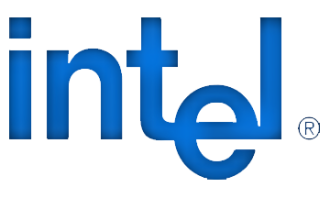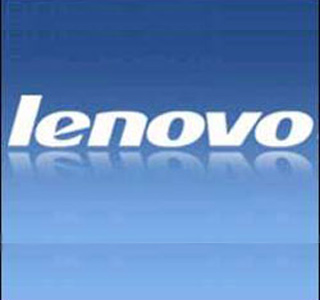 Fruity cargo cult Apple is set to copy Intel’s success by shifting an ever increasing amount of development work to Israel.
Fruity cargo cult Apple is set to copy Intel’s success by shifting an ever increasing amount of development work to Israel.
Chief Executive Tim Cook was in Israel on Thursday to visit the company’s new research and development offices in Herzlyia.
Jobs’ Mob also has an R&D center in Haifa, in the country’s north, which is Apple’s second largest research and development hub outside of the US.
Jobs’ Mob recently bought two Israel outfits – Anobit Technologies and PrimeSense which both make microprocessor chip designs.
Apple has also hired most of the Israeli employees of a chip-design division that Texas Instruments decided to shut down in 2013 in Ra’anana, some 10 miles north of Tel Aviv and has been hiring like crazy for its chip design center in Haifa.
On its current jobs posting site for Israel, Apple is advertising for a range of hardware and software positions, including silicon and semiconductor design and testing engineers who will be required to work in labs.
The Wall Street Journal quoted Shlomo Gradman, chairman of the Israeli Semiconductor Club as saying that Apple’s Israeli acquisitions and its expanding local workforce show that the company is becoming more and more independent on the chip level, where it once had to rely on external suppliers.
Cook said in the meeting with Israeli president Reuven Rivlin that Israel and Apple have got much closer together over the last three years than ever before


















